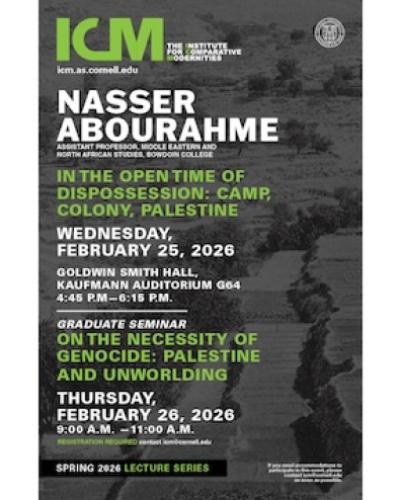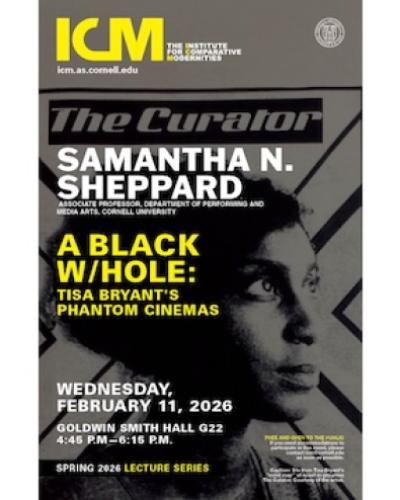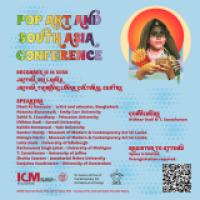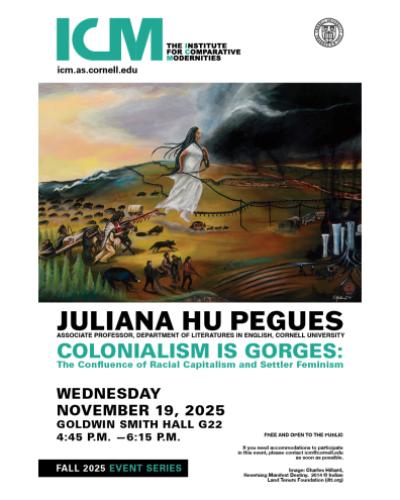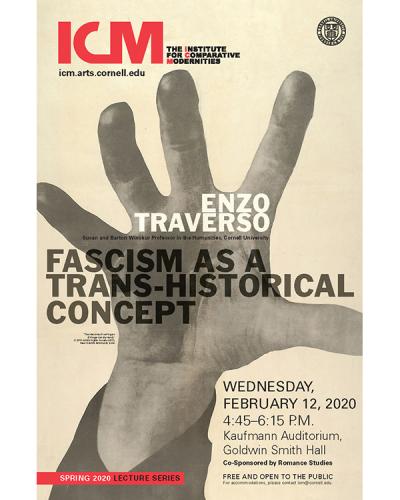ICM Lecture Series
ENZO TRAVERSO
Susan and Barton Winokur Professor in the Humanities
ABSTRACT
What does “fascism” mean at the beginning of the twenty-first century? The word conjures a dark interwar landscape of violence, dictatorship, and genocide. Such images spontaneously return to our thoughts as we again see the rise of the radical right on a global scale, from Europe to the US and Brazil. Yet, fascism has changed its skin. Trump ostentatiously exhibits typical fascist features—authoritarian and charismatic leadership, hatred of democracy, contempt for law, exhibition of force, derision of human rights, open racism (notably against Blacks, Latinos, and Muslims), misogynism, homophobia—but there is not a fascist movement behind him. In Europe, a xenophobic and racist wave directed against Asian and African immigrants inevitably has a neocolonial flavor and this “return of the repressed” reveals the persistence of a colonial unconscious. But the old fascist rhetoric has been abandoned: the post-fascist movements depict themselves as defenders of national identities threatened by globalization, mass immigration, and Islamic fundamentalism. A hybrid phenomenon, this “post-fascism” is neither the reproduction of the old fascism nor something wholly new; it remains in suspension between an unknown future and a haunting past.
BIO
Enzo Traverso is Susan and Barton Winokur Professor in the Humanities at Cornell. He works on intellectual history and the political ideas of the twentieth century. Before coming to Cornell, he taught political science for many years in France. He has been a visiting professor in several European and Latin American universities, and his books are translated in a dozen of languages.

